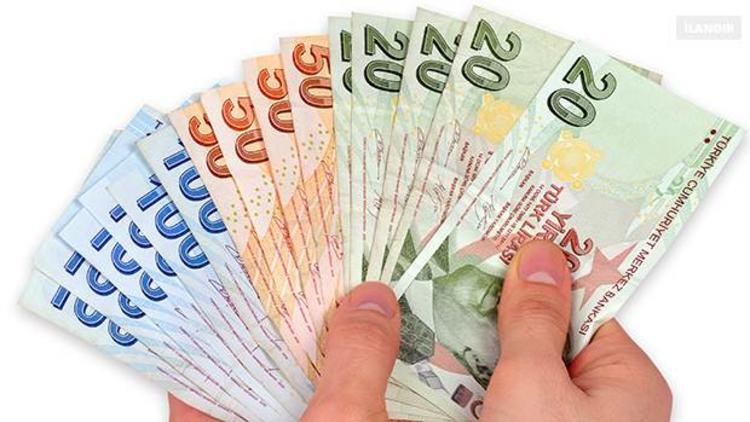
- a prefix appearing in loanwords from Greek, most often attached to verbs and verbal derivatives, with the meanings “at or to one side of, beside, side by side” (parabola; paragraph; parallel; paralysis), “beyond, past, by” (paradox; paragogue); by extension from these senses, this prefix came to designate objects or activities auxiliary to or derivative of that denoted by the base word (parody; paronomasia), and hence abnormal or defective (paranoia), a sense now common in modern scientific coinages (parageusia; paralexia). As an English prefix, para-1 may have any of these senses; it is also productive in the naming of occupational roles considered ancillary or subsidiary to roles requiring more training, or of a higher status, on such models as paramedical and paraprofessional: paralegal; paralibrarian; parapolice.
- Chemistry. a combining form designating the para (1, 4) position in the benzene ring. Abbreviation: p-.Compare meta-(def 4b), ortho-(def 2b).
- a combining form meaning “guard against,” occurring in loanwords from French, or, via French, from Italian: parachute; parasol.
- a combining form extracted from parachute, forming compounds denoting persons or things utilizing parachutes or landed by parachute: paradrop; paradoctor; paraglider; paratrooper.
prefix
- beside; nearparameter; parathyroid
- beyondparapsychology
- resemblingparamnesia
- defective; abnormalparaesthesia
- subsidiary toparaphysis
- (usually in italics) denoting that an organic compound contains a benzene ring with substituents attached to atoms that are directly opposite across the ring (the 1,4- positions)paradinitrobenzene; para- cresol Abbreviation: p- Compare ortho- (def. 4), meta- (def. 4)
- denoting an isomer, polymer, or compound related to a specified compoundparaldehyde; paracasein
- denoting the form of a diatomic substance in which the spins of the two constituent atoms are antiparallelparahydrogen Compare ortho- (def. 6)
combining form
- indicating an object that acts as a protection against somethingparachute; parasol
1before vowels, par-, word-forming element meaning “alongside, beyond; altered; contrary; irregular, abnormal,” from Greek para- from para (prep.) “beside, near, issuing from, against, contrary to,” from PIE *prea, from root *per- (1) “forward, through” (see per). Cognate with Old English for- “off, away.” 2word-forming element meaning “defense, protection against; that which protects from,” from Italian para, imperative of parare “to ward off,” from Latin parare “make ready” (see pare). pref.
- Beside; near; alongside:paranucleus.
- Beyond:parapsychology.
- Incorrect; abnormal:paradipsia.
- Similar to; resembling:paratyphoid.
- Subsidiary; assistant:paramedical.
- Isomeric; polymeric:paraldehyde.
- A diatomic molecule in which the nuclei have opposite spin directions:parahydrogen.
- Of or relating to one of three possible isomers of a benzene ring with two attached chemical groups in which the carbon atoms with attached groups are separated by two unsubstituted carbon atoms. Usually in italic:para-bromoiodobenzene.
 Liberal Dictionary English Dictionary
Liberal Dictionary English Dictionary